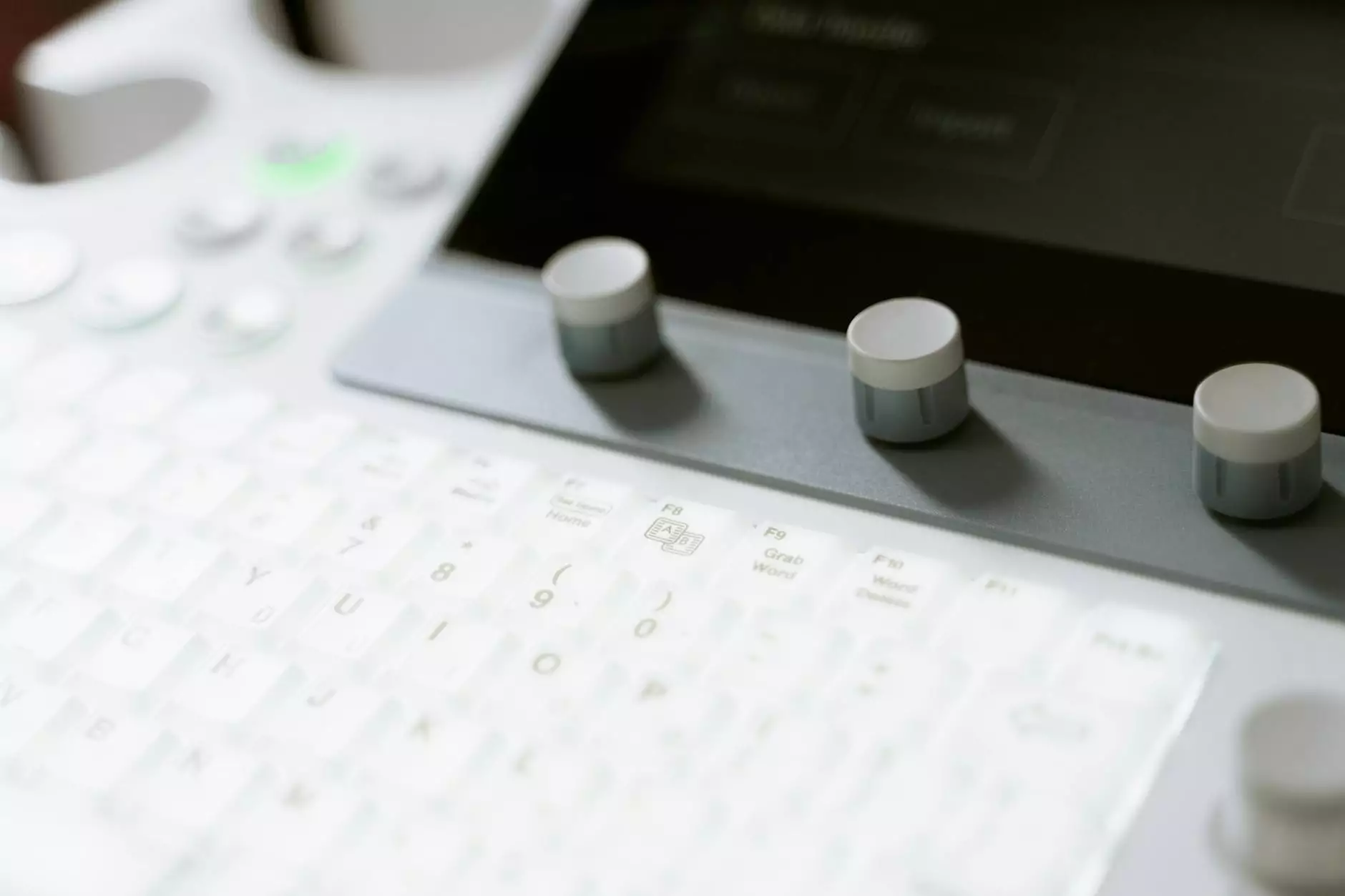Comprehensive Guide to MRI Equipment Maintenance

MRI equipment maintenance is crucial in the realm of health and medical diagnostics. With the advancements in technology, Magnetic Resonance Imaging (MRI) has become an indispensable tool for medical professionals, allowing them to obtain detailed images of the organs and tissues within the body. However, just like any other high-tech machinery, MRI machines require regular maintenance to perform at their best.
Why is MRI Equipment Maintenance Important?
The significance of MRI equipment maintenance cannot be overstated. Below are several key reasons why regular upkeep is essential:
- Optimal Performance: Regular maintenance ensures that the MRI machine operates efficiently, providing clear and accurate images for better diagnostic outcomes.
- Cost Efficiency: Performing routine checks can help identify potential issues before they escalate into costly repairs.
- Extended Equipment Life: Proper maintenance practices can significantly extend the lifespan of the MRI equipment.
- Patient Safety: Regular maintenance reduces the risk of equipment malfunction, ensuring patient safety during scans.
- Regulatory Compliance: Maintaining compliance with health and safety regulations is critical for medical facilities; proper maintenance is often a key aspect of compliance.
Components of MRI Equipment Maintenance
Understanding the components involved in MRI equipment maintenance is vital for medical centers and diagnostic services. Here are key areas to focus on:
1. Routine Calibration
Calibration is the process of adjusting and fine-tuning the MRI machine to ensure it operates within the specified parameters. This includes:
- Adjusting the gradient coils.
- Ensuring the superconducting magnets are functioning correctly.
- Checking the RF (radio frequency) transmission and reception system for accuracy.
Regular calibration is necessary to maintain the image quality that healthcare professionals rely upon.
2. Preventive Maintenance
Preventive maintenance is a proactive approach, involving scheduled inspections and services to prevent equipment failures. This includes:
- Checking for software updates and installing them as needed.
- Inspecting the cooling systems to prevent overheating.
- Cleaning the bore and surrounding areas to remove dust and debris.
By adhering to a preventive maintenance schedule, medical facilities can minimize downtime and uphold the quality of diagnostic services.
3. Troubleshooting Common Issues
No matter how well maintained, MRI machines are susceptible to issues. Familiarizing staff with troubleshooting techniques can save time and ensure swift resolution. Common issues include:
- Noise and Distortion: Unusual sounds during scans may indicate a problem with the hardware.
- Image Artifacts: Distortions in images that can be caused by patient movement or equipment malfunction.
- Software Glitches: Issues that can affect scanning protocols and image processing.
Conducting thorough troubleshooting helps maintain operational reliability.
Best Practices for MRI Equipment Maintenance
Adopting best practices in MRI equipment maintenance ensures that imaging facilities deliver the highest standards of care. Consider the following:
1. Regular Training for Staff
Continuous training for technologists and service personnel can significantly improve the maintenance processes. Staff should be well-versed in:
- The operation of the MRI machine.
- Identification and reporting of unusual equipment behavior.
- In-depth understanding of maintenance protocols.
2. Keep a Maintenance Log
Maintaining a detailed log of all maintenance activities not only helps in tracking the equipment’s performance but also assists in identifying patterns that require attention. Key elements to include in the log are:
- Date and nature of maintenance performed.
- Calibration and adjustments made.
- Issues encountered and solutions implemented.
3. Engage with Professional Services
Consider partnering with professional MRI equipment maintenance providers such as Echo Magnet Services. Engaging experts can ensure that all aspects of the MRI machine’s upkeep are conducted to the highest standards, allowing in-house staff to focus on patient care.
Technological Advancements in MRI Maintenance
As technology evolves, so too do the methods and tools used in MRI equipment maintenance. Emerging trends include:
1. Remote Monitoring
Advanced MRI systems now come equipped with features for remote monitoring. This allows for:
- Real-time performance tracking.
- Alerts for potential malfunctions before they impact service.
- Streamlined communication with service technicians for timely interventions.
2. Predictive Maintenance
Utilizing data analytics and machine learning, predictive maintenance is paving the way for smarter maintenance strategies. By analyzing patterns in performance data, predictive maintenance can:
- Forecast potential equipment failures.
- Optimize maintenance schedules to reduce downtime.
- Enhance operational efficiency.
Conclusion
In conclusion, MRI equipment maintenance is a foundational element in ensuring that medical centers and diagnostic services deliver reliable and high-quality imaging results. By investing in regular maintenance, training staff, and embracing new technologies, facilities can enhance patient care while extending the life of their MRI machines. For expert maintenance services, consider partnering with Echo Magnet Services, your trusted source for MRI equipment excellence.
FAQs on MRI Equipment Maintenance
What are the signs that my MRI equipment needs maintenance?
Signs may include unusual noises, inconsistent image quality, or error messages on the system. If you notice any of these, contact a service technician immediately.
How often should MRI equipment be maintained?
Most manufacturers recommend a combination of routine maintenance at least once every three months, alongside daily operational checks by trained staff.
Can I perform maintenance myself?
Some basic checks can be performed by trained staff; however, complex maintenance should be handled by professional service providers to ensure safety and compliance.



